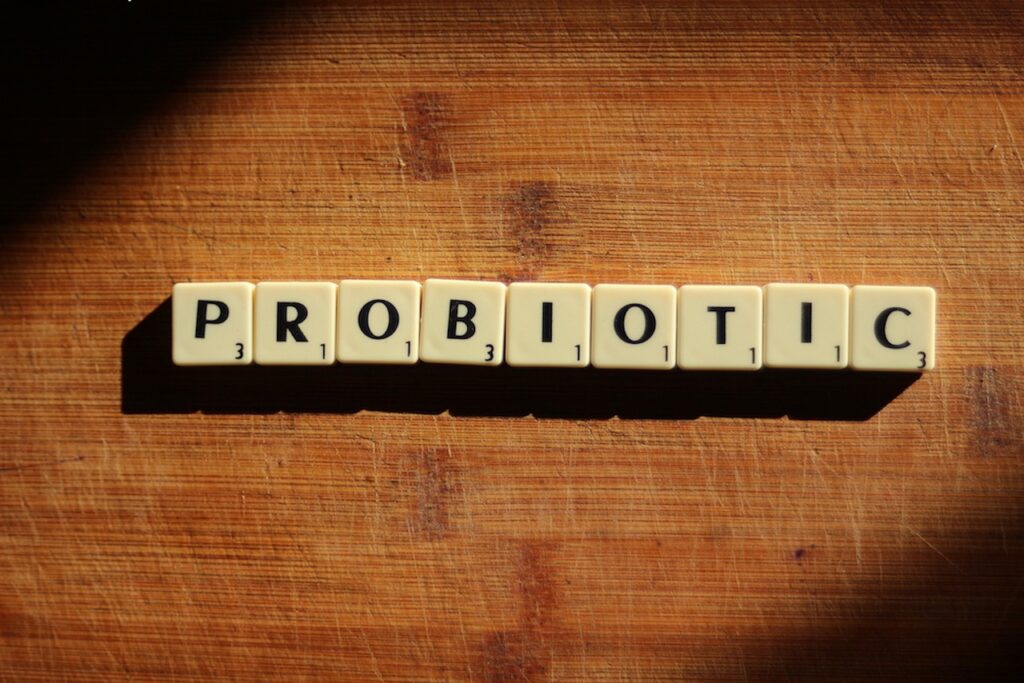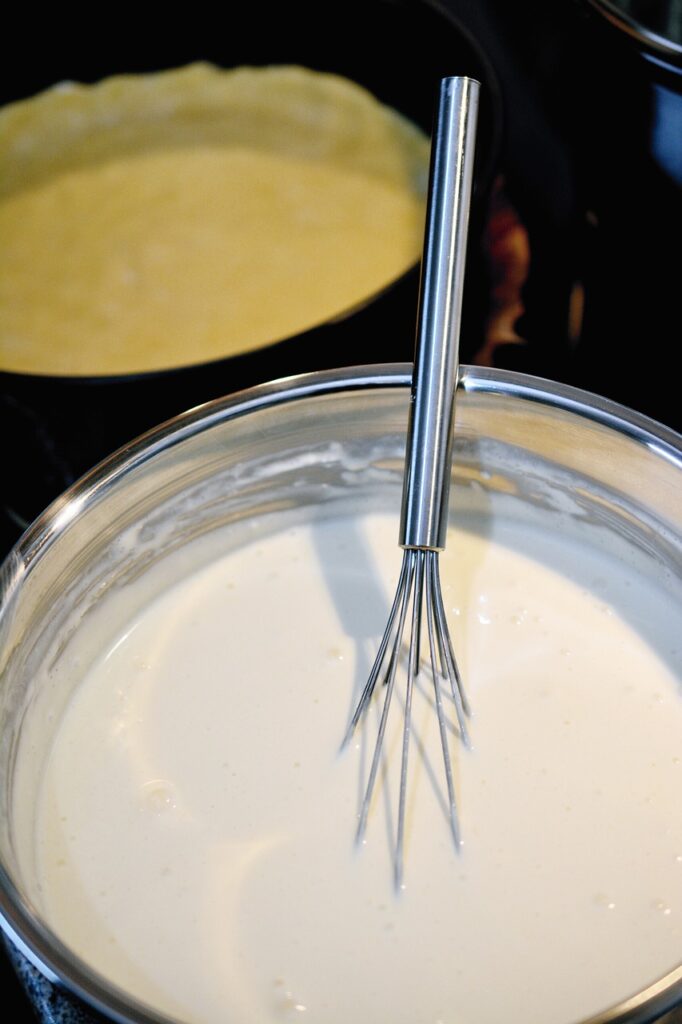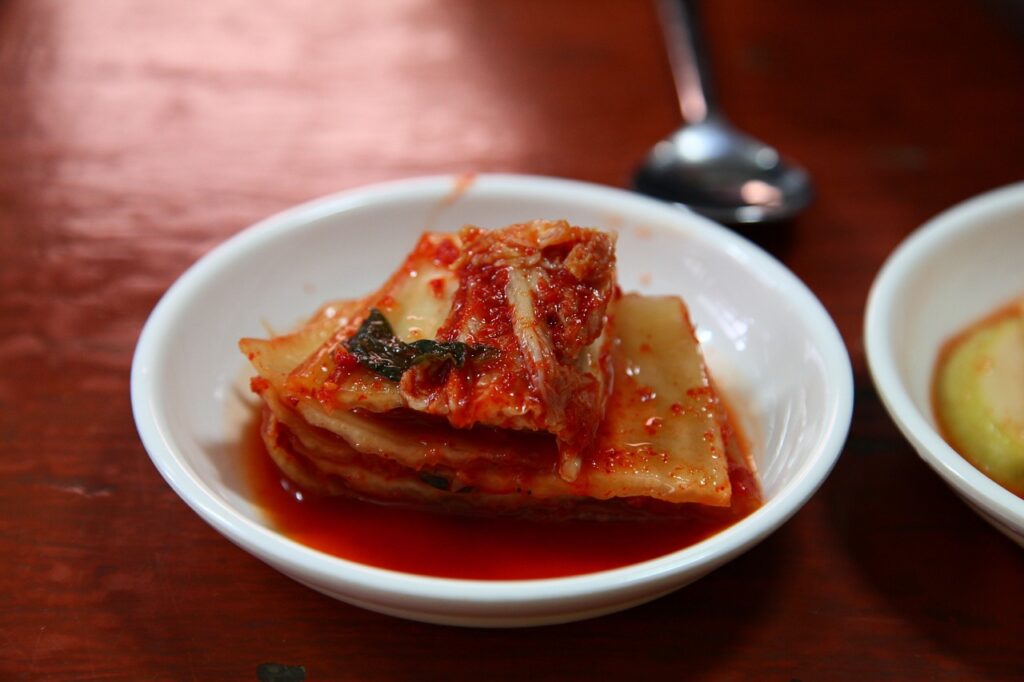Idly, a soft and fluffy rice cake is a South Indian breakfast relished with a side of sambar or chutney. This delicious plate of healthy goodness can keep your gut microbiome happy. Dive deep and find out why.
Probiotics and good gut bacteria

Before we explore why idly is a super-food, let us try to understand our gut buddies. Probiotics are tiny superheroes that help fight off your harmful gut bacteria, reduce inflammation, and help you tackle any stomach-related issues. Any food containing live beneficial bacteria can be considered a probiotic and Idly batter could be seen as a classic example of one. Probiotics also help keep your immune system healthy because a healthy gut= a robust immune system. Good gut bacteria help retain the natural balance in your gut. Probiotics display effective antimicrobial activity against food-borne pathogens.
The good gut bacteria thrive on foods rich in fiber, like green leafy vegetables and root vegetables. They break down these complex vegetables into short-chain fatty acids, which result in their anti-inflammatory properties, regulation of blood glucose levels, and aiding in weight management.
Fun fact- probiotics even alleviate symptoms of depression by communicating with the brain through the gut-brain axis.
Yet another term is often associated with probiotics. They are called prebiotics, the food for beneficial bacteria. Foods such as Bananas, Onions, Garlic, Berries, Legumes, Beans, Peas, Oats, and Apple skin are rich sources of prebiotics.
What is all the hype about fermented foods?
Fermentation is a process involving the breakdown of sugars and starch in food by naturally occurring bacteria and yeast thereby introducing beneficial bacteria into our system. Fermented foods are loaded with probiotics and come with the punch of good gut bacteria. They are also rich in vitamins (vitamin B) and minerals that help boost your overall metabolic health.
Fermented foods like idly also improve the bioavailability of nutrients.
Idly’s nutritional benefits start right from its making.

Idly is made of a batter of rice and urad dal (a lentil) that is fermented overnight. Overnight fermentation helps introduce beneficial bacteria like lactobacilli and bifidobacteria into your gut. It promotes nutrient absorption and aids in better digestion which results in increased gut health. The fermentation process breaks down the complex carbohydrates and proteins into easily digestible substances and thereby helps alleviate bloating and constipation.
Homemade vs store-bought idly batters could make all the difference
While homemade idly batters are naturally fermented (hence contain all the probiotics), it is not the case for ready-made store-bought batters as they contain excessive amounts of sodium and preservatives to keep them fermented for long. Hence, it is best to avoid or stick to them once or twice a month.
Coming back to probiotics and prebiotics. Won’t the probiotics die when they are heated?
It is indeed true. After all, they are living organisms. Idlys being cooked through steaming will kill the bacteria. The probiotics (which survive the elevated temperature) in the idly will almost instantly be corroded by your stomach acid. However, certain acid-resistant probiotics will escape the stomach and reach your intestine. A single good gut bacteria is enough to give rise to a colony of good gut bacteria.
Furthermore, it is not just the bacteria that are beneficial but also their metabolic byproducts like lactic acid.
Also, when you pair them with a big bowl of sambar (made of whole grains like dal), you benefit from the prebiotics present in them.
Idly’s cousins that are equally good at probiotics

Unheated fermented foods like Curd, buttermilk, kefir, sauerkraut, kimchi, and kombucha are other super-foods that contain naturally loaded beneficial bacteria.
The right food rich in probiotics and prebiotics is all you need to maintain good gut health. While foods rich in fats and sugars help the bad bacteria in your gut thrive, pro and prebiotics will help the beneficial bacteria thrive.
So, what do you want? Good gut bacteria or Bad gut bacteria? Comment below what sources of probiotics you include in your diet.

